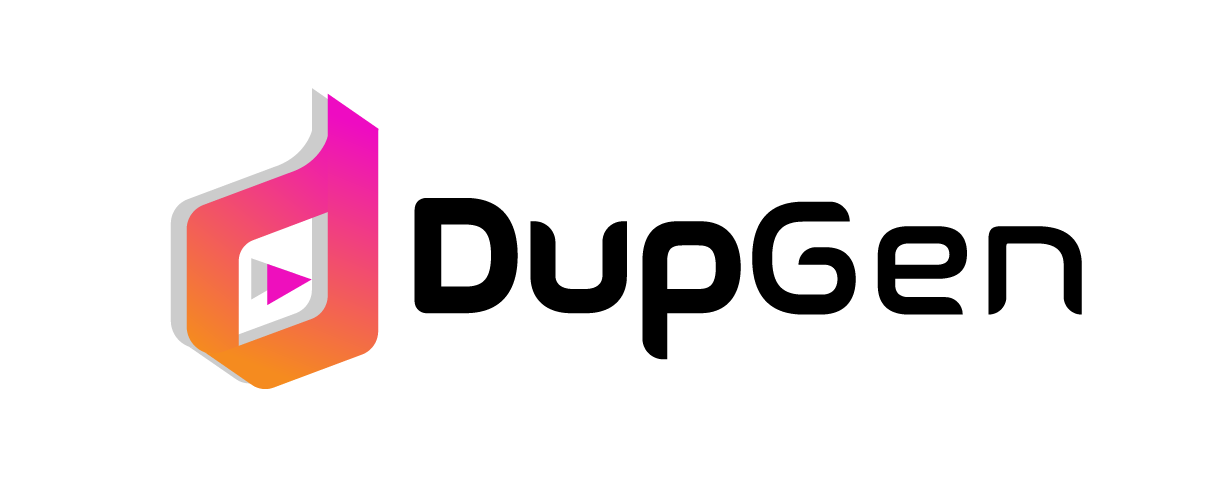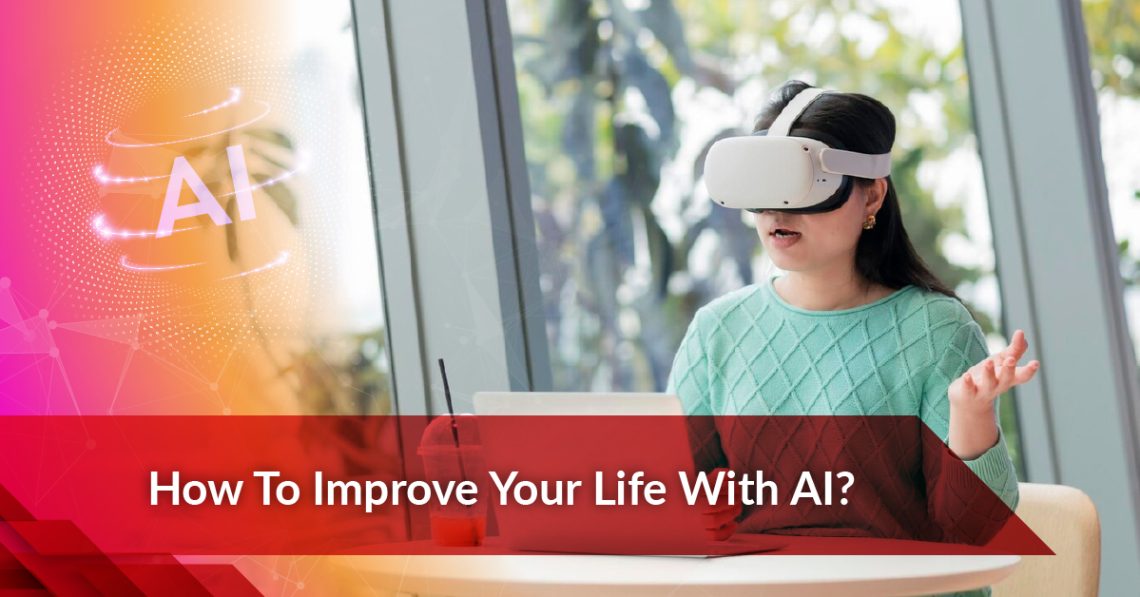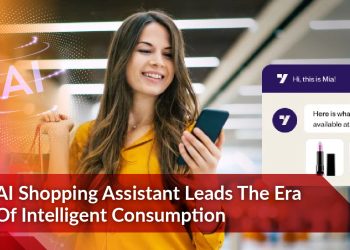Improving your life with AI involves leveraging its various applications to boost productivity, enhance decision-making, streamline daily tasks, and open up new opportunities for learning and creativity. Here are some practical ways to integrate AI into your life for a positive impact:
1. Productivity and Time Management
- AI-Powered Virtual Assistants: Tools like Siri, Google Assistant, and Alexa can help you manage daily tasks, set reminders, schedule appointments, and even control smart home devices. They simplify multitasking and make it easier to stay organized.
- Task Automation: Use AI-based tools like Zapier and IFTTT to automate repetitive tasks, such as sending emails, updating spreadsheets, or managing social media. Automation frees up time for more meaningful work or personal activities.
- Smart Scheduling: AI tools like Clockwise or Microsoft’s MyAnalytics analyze your schedule and suggest the best times for meetings, focus time, and breaks. This helps optimize your day and boost productivity.
2. Enhanced Decision-Making
- Data Analysis: AI tools like Tableau or Google Data Studio help analyze data more efficiently, providing insights that can guide personal or business decisions. AI’s ability to process vast amounts of data quickly ensures that you make informed, data-driven decisions.
- Financial Management: Apps like Cleo, YNAB (You Need A Budget), and Digit use AI to track spending, suggest budgets, and provide financial insights. They can also automate savings and investments, helping you reach financial goals faster.
3. Health and Wellness
- Personalized Fitness Plans: AI-driven fitness apps like Freeletics or JEFIT create tailored workout plans based on your goals, progress, and preferences. They adjust routines as you improve, optimizing your fitness journey.
- AI Health Monitors: Wearables like the Apple Watch or Fitbit use AI to track health metrics such as heart rate, sleep patterns, and activity levels. They offer personalized insights into your health and can alert you to potential health risks.
- Mental Health Support: AI-powered mental health platforms like Woebot or Wysa provide virtual therapy and mindfulness exercises. These apps use natural language processing to offer emotional support and stress management tips.
4. Learning and Skill Development
- AI-Powered Learning Platforms: Tools like Duolingo (for languages) and Coursera or Khan Academy (for a wide range of subjects) adapt learning experiences based on your performance, allowing for personalized learning at your own pace.
- Creative Assistance: AI tools like Canva or Lumen5 help non-designers create visually appealing content. AI enhances creativity by suggesting templates, layouts, and designs, making it easier to produce professional-quality work.
- Coding Assistance: AI tools like GitHub Copilot help coders by suggesting code snippets, auto-completing functions, and providing real-time feedback, making coding faster and more efficient.
5. Improved Communication
- Language Translation: Apps like Google Translate or iTranslate use AI to break language barriers, helping you communicate more effectively while traveling or interacting with people from different cultures.
- Writing Assistance: Tools like Grammarly or Hemingway Editor use AI to improve your writing, offering real-time suggestions on grammar, style, and tone. This is especially helpful for crafting emails, reports, and creative content.
6. Smarter Home Management
- Smart Home Devices: Use AI-powered devices like smart thermostats (Nest), smart lights (Philips Hue), and smart security systems (Ring) to automate home management. These devices learn from your preferences and habits, optimizing energy use and security.
- Meal Planning and Nutrition: AI apps like Yummly or Mealime offer personalized meal planning based on your dietary preferences, helping you save time on grocery shopping and ensuring a balanced diet.
7. Entertainment and Personalization
- Personalized Recommendations: AI algorithms used by platforms like Netflix, Spotify, and YouTube recommend movies, shows, and music based on your preferences. This ensures that the content you consume is tailored to your taste, improving your overall entertainment experience.
- AI-Generated Content: Tools like DALL-E or RunwayML allow you to create digital art or even videos with minimal effort, enabling creativity even if you’re not an artist or filmmaker.
8. Career Development
- AI-Powered Job Matching: Platforms like LinkedIn or Indeed use AI to match your skills and experience with relevant job opportunities, making your job search more efficient.
- AI Resume Builders: Tools like Resume.io or Zety use AI to optimize your resume for ATS (Applicant Tracking Systems), increasing your chances of being noticed by recruiters.
9. Personal Finance
- Investment Insights: Robo-advisors like Betterment or Wealthfront use AI to help you invest your money based on your financial goals and risk tolerance. AI can automatically adjust your portfolio to optimize returns.
- Expense Tracking: AI tools like PocketGuard or Mint track your spending patterns and suggest ways to save money or cut unnecessary expenses, helping you manage your finances better.
Conclusion
AI is a powerful tool that can significantly improve various aspects of your life, from productivity and health to entertainment and financial management. By embracing AI tools and integrating them into daily routines, you can free up time, enhance decision-making, and achieve your personal and professional goals more effectively.
Are you ready to dive deeper into the topics you love? Visit our website and discover a treasure trove of articles, tips, and insights tailored just for you!





